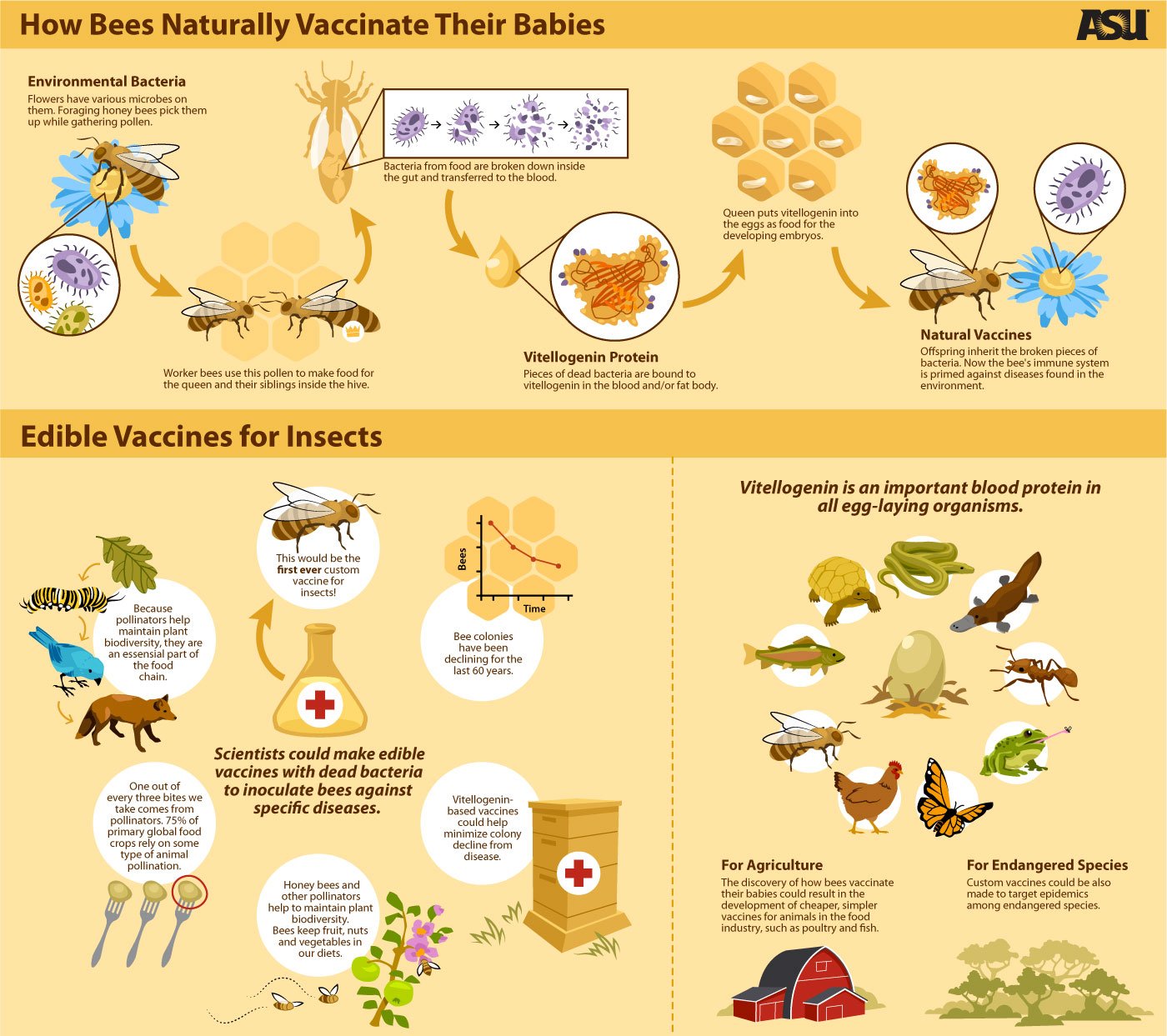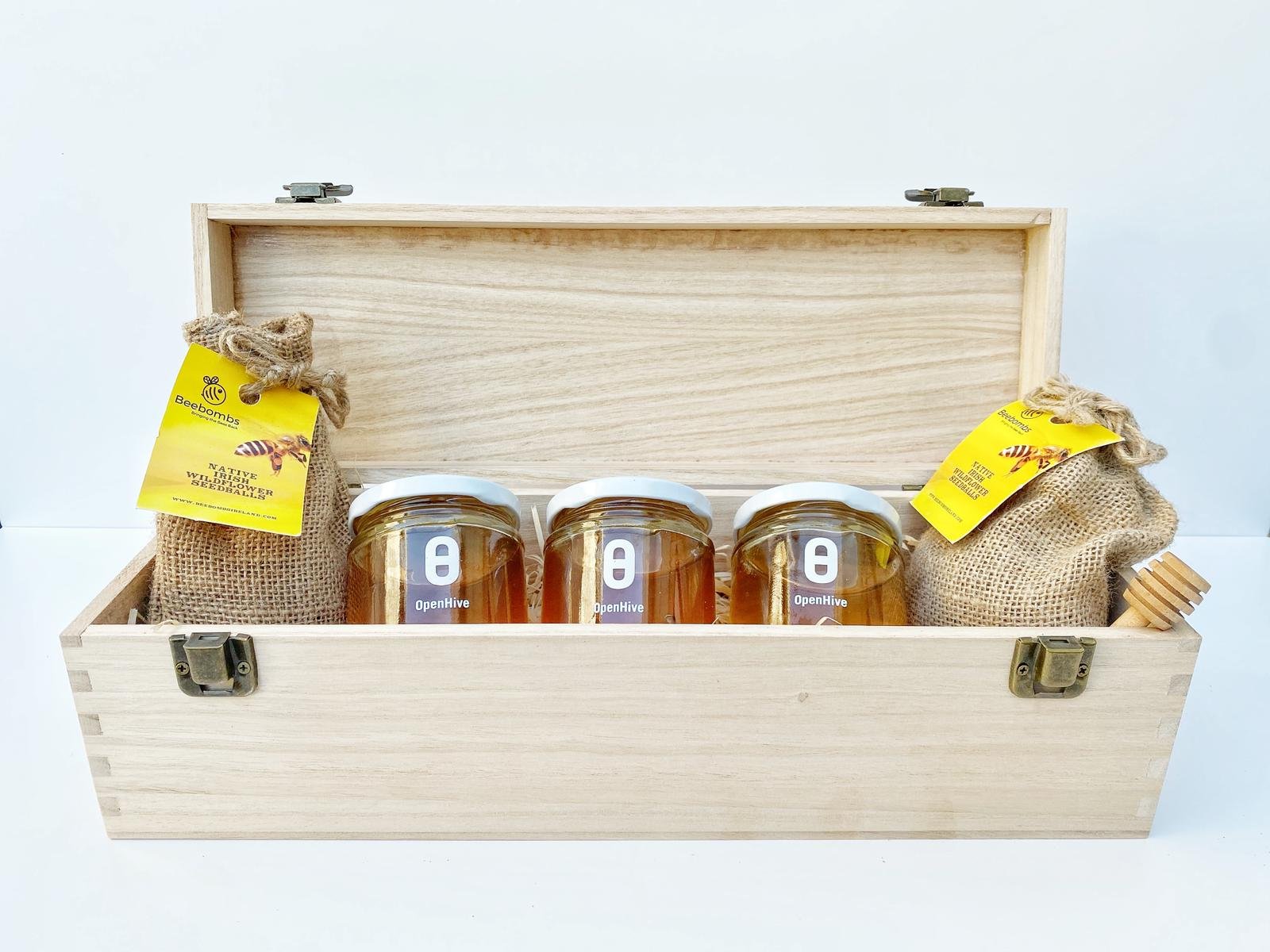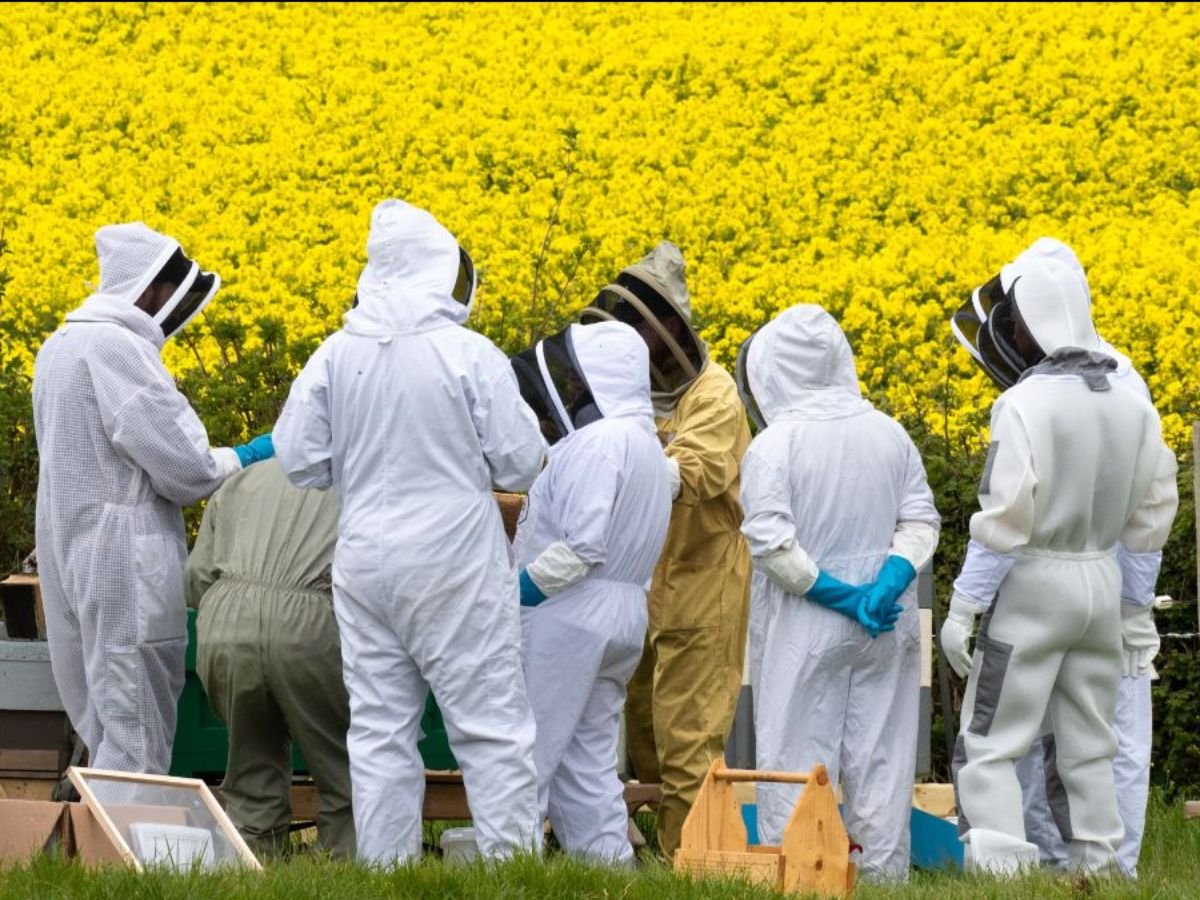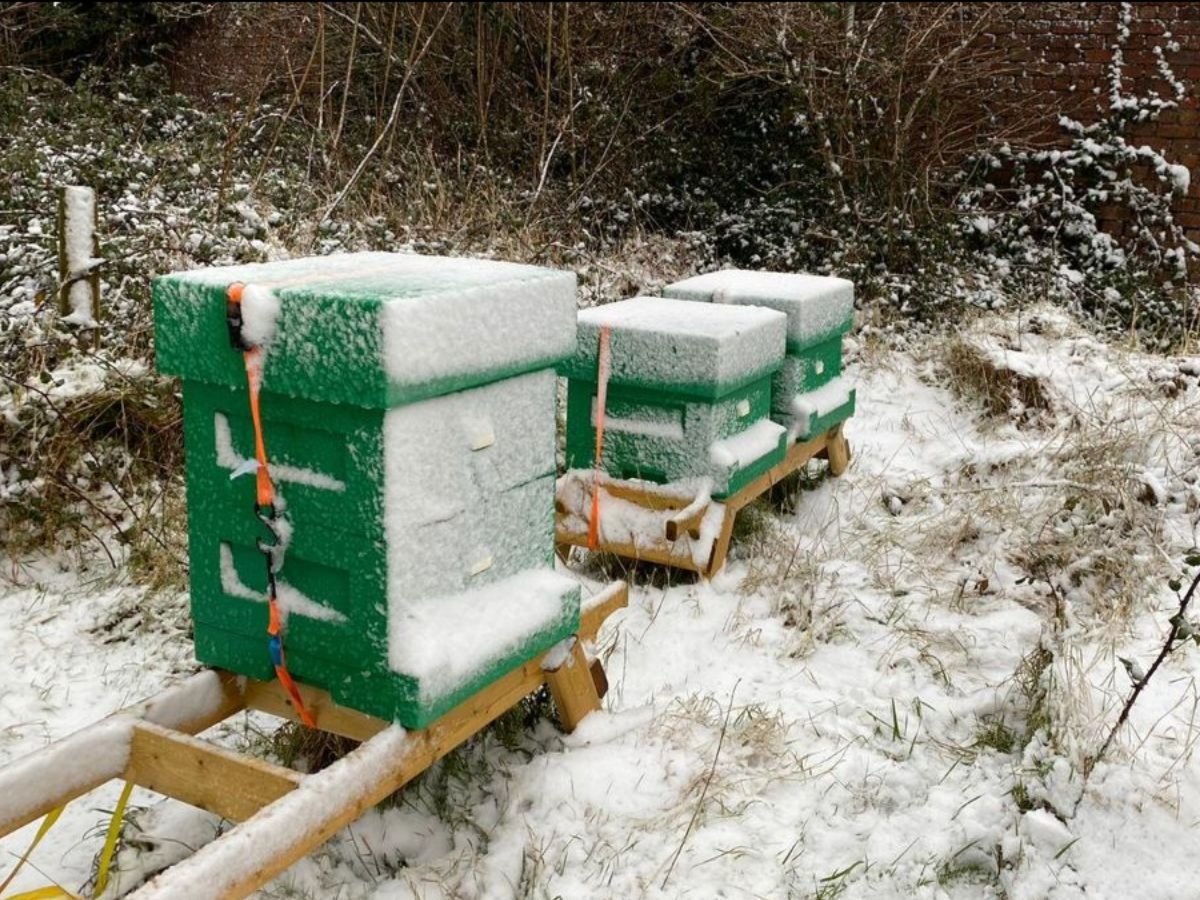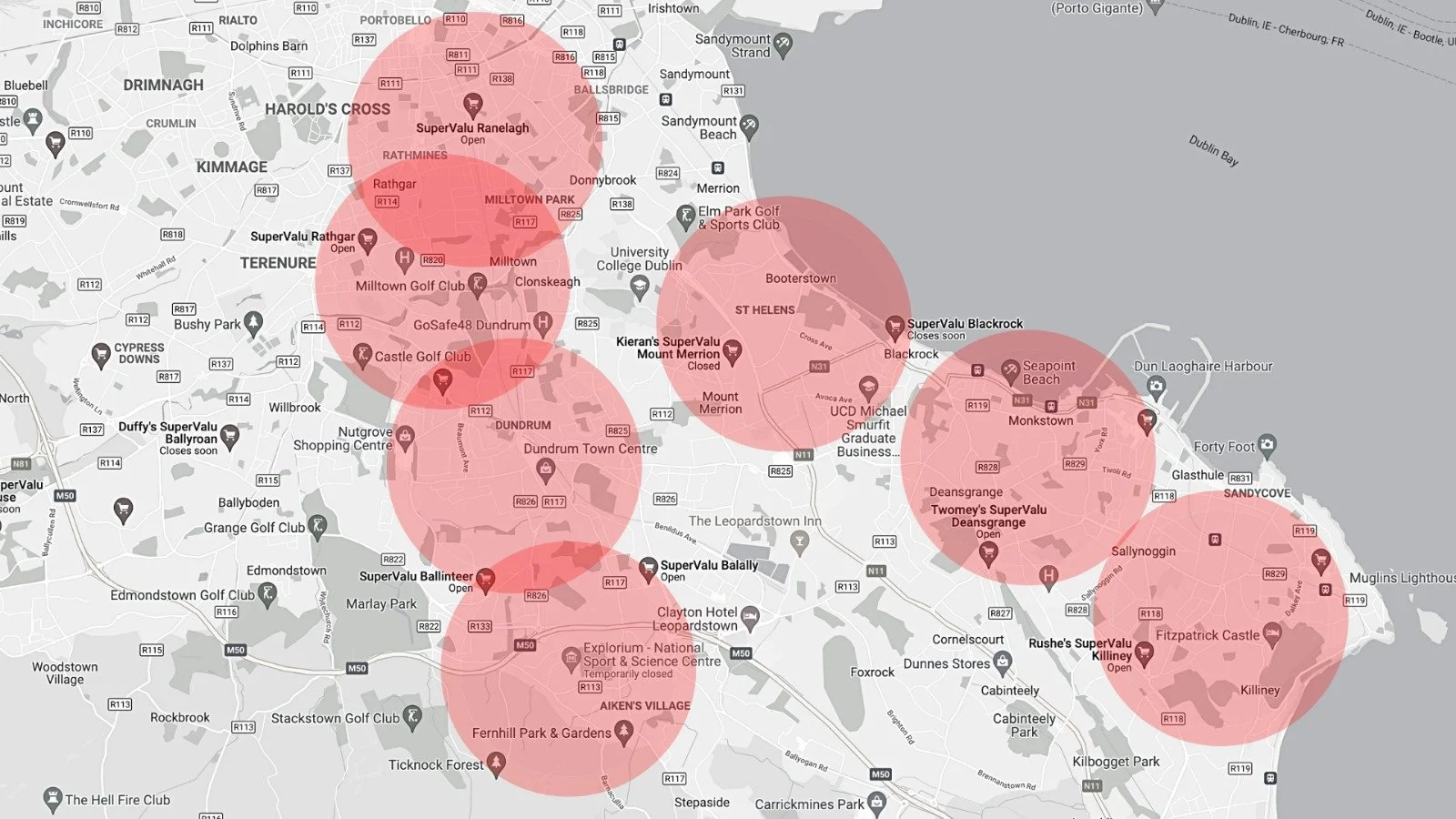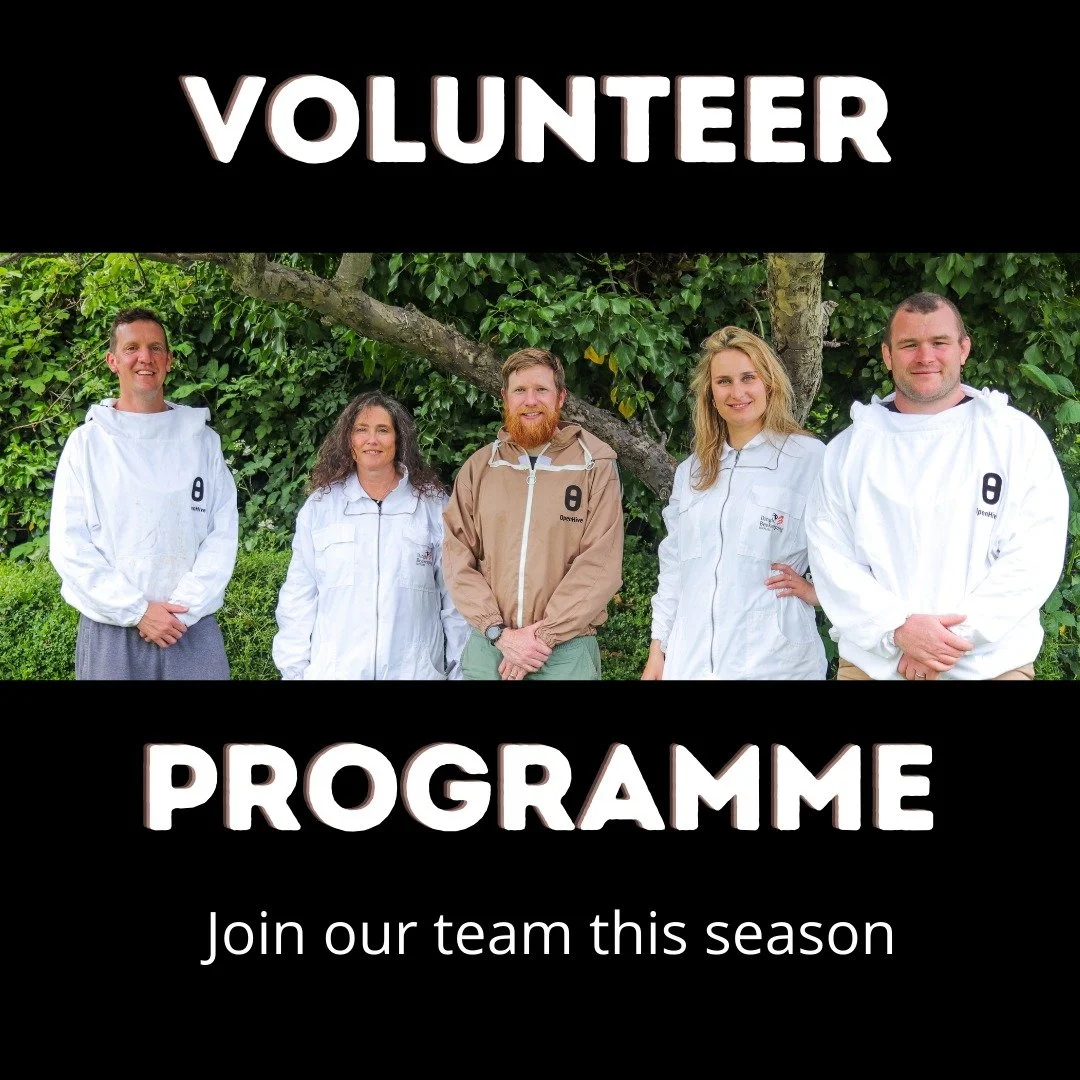We recently came across a fascinating study from back in 2019 about how honeybees can survive drowning by generating ripples on water surfaces! If a honeybee falls into a pond, their wings get wet and can’t be used to fly. A team of researchers at the California Institute of Technology found that when bees drop into bodies of water, they can use their wings to generate ripples and glide toward land. To quote the scientists involved:
We report the honeybee’s propulsion at the air–water interface. Honeybees trapped on a water surface use their wings as hydrofoils, which means their wings generate hydrodynamic thrust. The surface wave and flow patterns generated around the bee are the first indication that the wings are used as hydrofoils. Furthermore, the water flow measured under a mechanical wing model showed that both net and oscillatory thrust contribute to their locomotion.
Read the study here.






